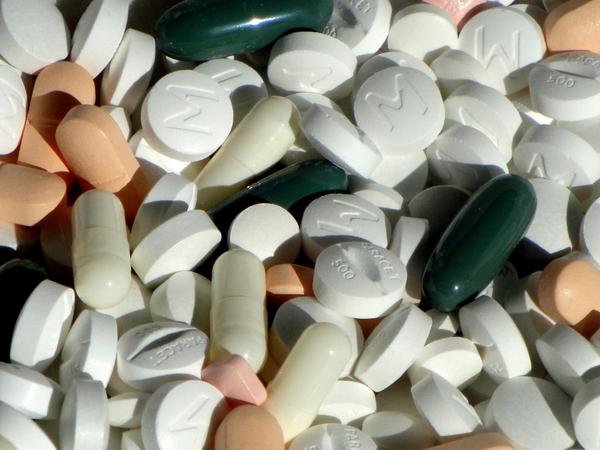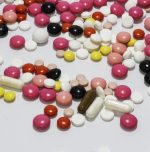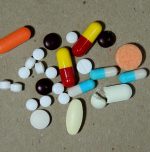Government bans 14 FDC drugs

The Union government of India has taken a significant step by banning 14 fixed-dose combination (FDC) drugs in the country.
This decision came after an expert committee recommended the prohibition of these medicines, citing the absence of therapeutic justification and potential risks associated with their use.
The committee submitted its report on April 1 of the previous year. It prompted the Health Ministry to issue a gazette notification to prohibit the manufacture, sale, or distribution of these FDC drugs under the Drugs and Cosmetics Act of 1940.
Fixed-dose combination drugs are formulations that contain one or more active drug ingredients and are intended for specific disease indications. However, the expert committee concluded that there is no justifiable reason to regulate or restrict the use of these drugs in patients.
Hence, the recommended course of action was to enforce a prohibition under section 26A of the Act, as stated in the notification.
The government’s action to ban these FDC drugs has received positive feedback from the All India Drug Action Network. It emphasized the need for strict scrutiny of other combinations as well.
Regarding the over-the-counter availability of these drugs in India, specific regulations for OTC drugs are not currently in place.
Among the FDC drugs banned by the government, one notable combination is Nimesulide+Paracetamol. This FDC drug is commonly used for pain relief in conditions such as toothache, joint pain, headache, and menstrual cramps. It is also used for fever.
Another prohibited combination is Amoxicillin+Bromhexine, often prescribed for lower respiratory tract infections.
The list of banned FDCs also includes chlorpheniramine maleate and codeine. They are used to treat symptoms of cough, runny nose, and sneezing caused by allergies or the common cold.
Additionally, the combination of bromhexine, dextromethorphan, and ammonium chloride, commonly employed to alleviate dry cough, has also been banned.
In December of the previous year, the government reported 36 cases of unapproved FDCs licensed by state regulators.
The ban on these FDC drugs marks a significant step towards ensuring public health and safety in India, as the government takes action based on expert recommendations.
Image from Pxhere (Free for commercial use / CC0 Public Domain)
You may also like
Image Reference: https://pxhere.com/en/photo/678861
Recent Posts
- Say goodbye to dark circles with these home remediesStress reduces blood flow to the face, enhancing the darkness.
- IRCTC Hospitality Monitor RecruitmentInterested and eligible candidates can visit the official website for complete details.
- India strengthens air power with new Meteor missiles for JetsThe Rafale fleet remains the only IAF platform capable of deploying the Meteor missile.
- Say goodbye to dark circles with these home remedies
What’s new at WeRIndia.com
News from 700+ sources
-
ICC Women’s World Cup prize money: Check breakdown for winner and runner-up teams
-
Inside Smriti Mandhana’s Rs 340000000 empire: Lavish Sangli apartment, brand endorsements, swanky cars and million-dollar WPL contract
-
Rare comet Lemmon visible over Bengaluru skies
-
Women’s World Cup: Don’t Think There Will Be Bigger Motivation Than Playing A Final, Says Harmanpreet
-
ICC Women’s World Cup winners: Full list of champions as India aim for maiden win
-
Lokesh says rush of devotees was unexpected
-
WeRIndia – A News Aggregator
Visit werindia.com for all types of National | Business | World | Politics | Entertainment | Health related news and much more..










Leave a Reply